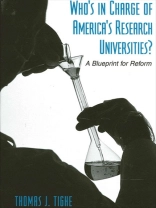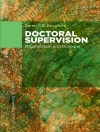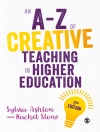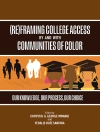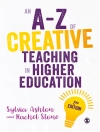This book explores the American research university, and, in a larger sense, addresses knowledge creation in our society, since research universities are the primary means for the production and dissemination of basic knowledge in the public interest. Universities not only play a major role in technological, economic, and cultural development, but also prepare much of the country’s leadership, particularly in the sciences, engineering, medicine, and other professions.
Confronting the pervasive sense that there is something seriously wrong with our research universities, Thomas J. Tighe identifies internal division—specifically dysfunction in governance—as the major cause of the problems of higher education. He traces the current strains in the university to societal and institutional changes over the past several decades that together have created a growing schism between the concerns and objectives of faculty and those of governing authorities. To address this state of affairs, Tighe proposes a new university structure that would re-engage faculty with the governance and welfare of their institutions, while helping to educate governance authorities on the truly unique characteristics of the university. A number of controversial issues in higher education are examined in detail, including the teaching-research relation, the question of tenure, accountability, and relations between universities and the corporate sector.
Table of Content
Preface
1. The Growth and Impact of Research Universities
2. University Research
3. University Governance
4. The FacultyAn Isolated Culture
5. Shared Governance Revisited
6. The Teaching-Research Relation
7. The Question of Tenure
8. Accountability
9. Universities and the Corporate Sector
10. A Summing-Up and Final Word
Notes
Index
About the author
Thomas J. Tighe is Professor and Director of the Cognitive and Neural Sciences Program at the University of South Florida. Throughout his distinguished career, he has served as both faculty member and university administrator at a number of institutions and, in these capacities, has worked closely with university governing boards.
